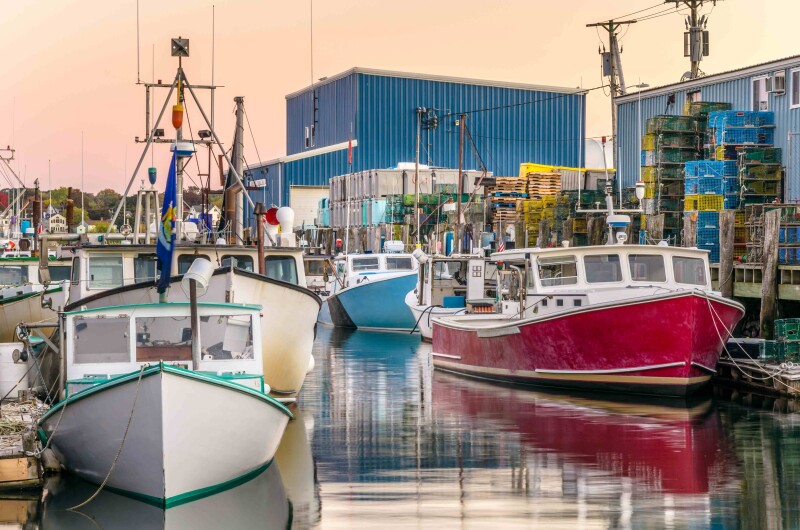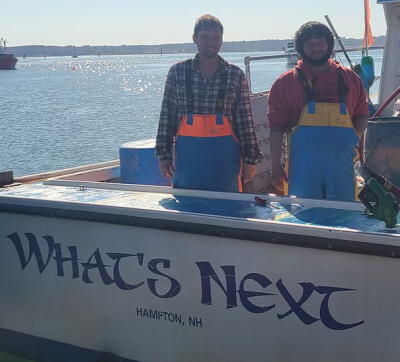Maine’s working waterfront is more than just a collection of boats and docks; it’s the lifeblood of the state’s economy and a way of life for generations of fishermen. Over the weekend, the announcement of funding for the Maine Sea Grant program ended amid cutbacks to the NOAA budget.
Since 1971, the Maine Sea Grant program has been at the heart of that sustainability. This critical program brings federal funding directly into the hands of the people who need it most: those who make their living on the water.
A recent letter to Maine’s Congressional Delegation emphasizes the program’s importance. The letter urges lawmakers to fully fund the National Sea Grant program in the upcoming fiscal year. It’s a simple request, but one with massive impact and one that reaches into the very fabric of Maine’s coastal communities.
As one of the 34 Sea Grant programs nationwide, Maine’s Sea Grant works in partnership with local, state, and regional organizations to turn federal investment into tangible results. The numbers speak for themselves; for every federal dollar put into the program, the state generates more than $15 in economic benefits. In 2023 alone, the program helped generate an estimated $23.5 million for Maine’s coastal economy, supporting over 500 jobs and sustaining more than 300 businesses. That money is then reinvested directly into fishing and aquaculture operations, research, and training for future generations.
Beyond the dollars, Sea Grant’s impact is felt in every coastal town in Maine. The program has helped restore and protect 300 acres of critical habitat, trained more than 600 fishermen in safe and sustainable practices, and worked with 41 coastal communities to bolster resilience against economic and environmental challenges. Maine’s fisheries depend on programs like these to navigate an increasingly complex industry, from lobstering to oyster farms.
The letter to Congress clarifies that the state cannot afford to lose this funding. With the state’s fishing industry facing mounting pressures from regulatory changes to shifting ecosystems, the continued investment in science, education, and sustainability is non-negotiable. The National Sea Grant Network has long been a cornerstone of coastal resilience across the U.S., And for Maine, it’s the difference between preserving a legacy and watching it disappear.
As Congress deliberates on the fiscal year 2025 budget, the voices of Maine’s fishermen, business owners, and coastal communities must be heard. Sea Grant isn’t just a government program; it’s a promise to the people who rely on the ocean for their way of life. The letter’s request is simple: fund the Sea Grant program in full and let Maine’s working waterfront continue to thrive.
Read the full letter here.







